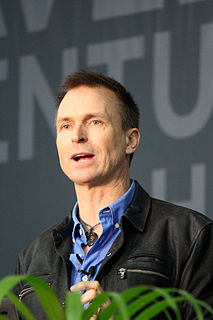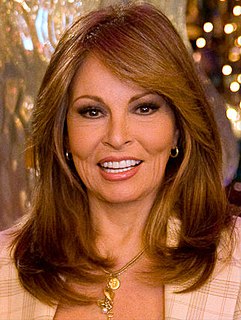A Quote by Evo Morales
In 2006, I entered the presidential palace in the main square of La Paz as the first indigenous president of Bolivia. Our government, under the slogan 'Bolivia Changes,' is committed to ending the colonialism, racism and exclusion that many of our people lived under for many centuries.
Related Quotes
Bolivia is in the lead internationally in talking about the threat of environmental catastrophe. It's generally true where there are indigenous populations, there are important things happening; where the indigenous populations have been marginalized or exterminated, things go to a disaster. This is true worldwide, and Bolivia is striking because it's a majority population and in the lead.
Bolivia is a striking example. The mostly white, Europeanized elite, which is a minority, happens to be sitting on most of the hydrocarbon reserves. For the first time Bolivia is becoming democratic. So it's therefore bitterly hated by the West, which despises democracy, because it's much too dangerous.
In 2005, before I was president, the state of Bolivia had only $300 million from hydrocarbons. Last year, 2007, the Bolivian state - after the nationalization, after changing the law - Bolivia received $1,930 million. For a small country with nearly 10 million inhabitants, this allows us to increase the national economy.
My father came from a country called Bolivia. He was of Spanish descent. I never went to Bolivia until I was 60 years old, but apparently when he was 17, he had already planned his entire academic curriculum so that he could graduate high school and enter college in the United States. That's how much he wanted to come to this country.



































